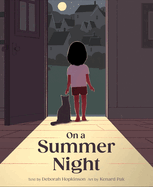London Book Fair 2024: Jonathan Karp in Conversation
 "We're going to be much more expansive," said Jonathan Karp, global CEO of Simon & Schuster, during the 2024 London Book Fair's opening keynote discussion Tuesday morning. "We're committed to growth in Canada, Australia, India, all of our English-language territories, and also to having more of an international perspective in terms of the works we acquire."
"We're going to be much more expansive," said Jonathan Karp, global CEO of Simon & Schuster, during the 2024 London Book Fair's opening keynote discussion Tuesday morning. "We're committed to growth in Canada, Australia, India, all of our English-language territories, and also to having more of an international perspective in terms of the works we acquire."
Karp was in conversation with Publishing Perspectives editor-in-chief Porter Anderson, and their discussion ranged from S&S's acquisition by investment firm KKR and subsequent changes to the company's growth strategy, its stance on AI, and more.
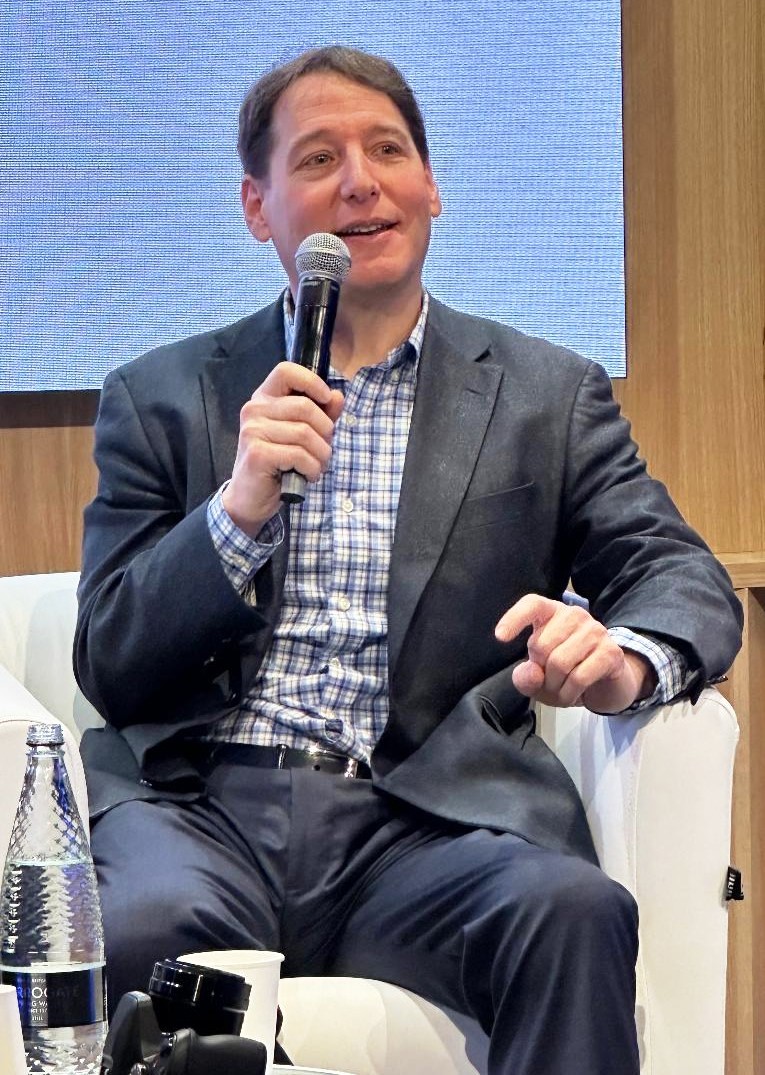 |
|
| Jonathan Karp at the London Book Fair. | |
On the subject of the KKR acquisition, Karp noted that "employee-ownership is a big change," saying it "sent a jolt of electricity through the company." All employees are now owners of S&S, and they will "share in the rewards" when there is ultimately a resale, whether that be five, 10, or 15 years from now. Karp called it an example of "inclusive capitalism," with the idea being that "it gets us all rowing together." He remarked that while a lot of employees "already felt like owners," this "made it real to employees." In light of this change, the company is "looking at everything with fresh eyes and figuring out the best ways we can take Simon & Schuster forward."
Asked about S&S's growth trajectory, and whether the company plans to drive growth via acquisitions, Karp said the company will "proceed on both tracks," and if there are opportunities for acquisitions, "we're certainly going to look at that." That said, Karp continued, the KKR acquisition has freed the company to "invest back in ourselves," and he pointed to recent editorial hires as well as plans to hire in publicity, marketing, and sales. Overall, he said there won't be a "dramatically large increase" in titles but rather a more gradual, careful approach to growth.
Karp said he applauded the Publishers Association of the U.K. and the Association of American Publishers for their statements about AI and its infringement upon authors' copyright, and that he "stands with them." Beyond that, S&S views AI "mostly as a tool," but plans to proceed "with great caution." Karp said it is being used in the company's marketing and publicity departments to "expedite copy writing" and create other efficiencies, and there are plans for a "careful experiment" regarding AI audiobook narration.
The experiment, he explained, will involved using AI narration for audiobook versions of "old books" in territories where the authors' work "would otherwise never have a chance" of being produced because of the cost. Karp emphasized that S&S will do this "in accordance with our contracts" and with respect to authors' wishes.
Touching on the recent efforts in the U.S. to either ban TikTok or force a divestiture of its Chinese ownership, Anderson asked Karp whether the company's view of TikTok had changed. Karp said BookTok remains "every bit as strong as it was." It continues to drive sales across adult fiction, YA, nonfiction, and other genres, and there is "no evidence of it slowing down."
The conversation then turned to nonfiction, a category in which some publishers have seen sagging sales. Karp said he wasn't especially worried about it, but did acknowledge that it was a "different environment" for nonfiction. Given that the "news hasn't been particularly good" lately, some people might "just want to escape." At the same time, podcasts, documentaries, and digital journalism have made information easier to get than ever. He suggested that the crucial thing for nonfiction currently is a "perspective you can't get anywhere else," and he noted that "all it takes is one book to change the conversation." --Alex Mutter






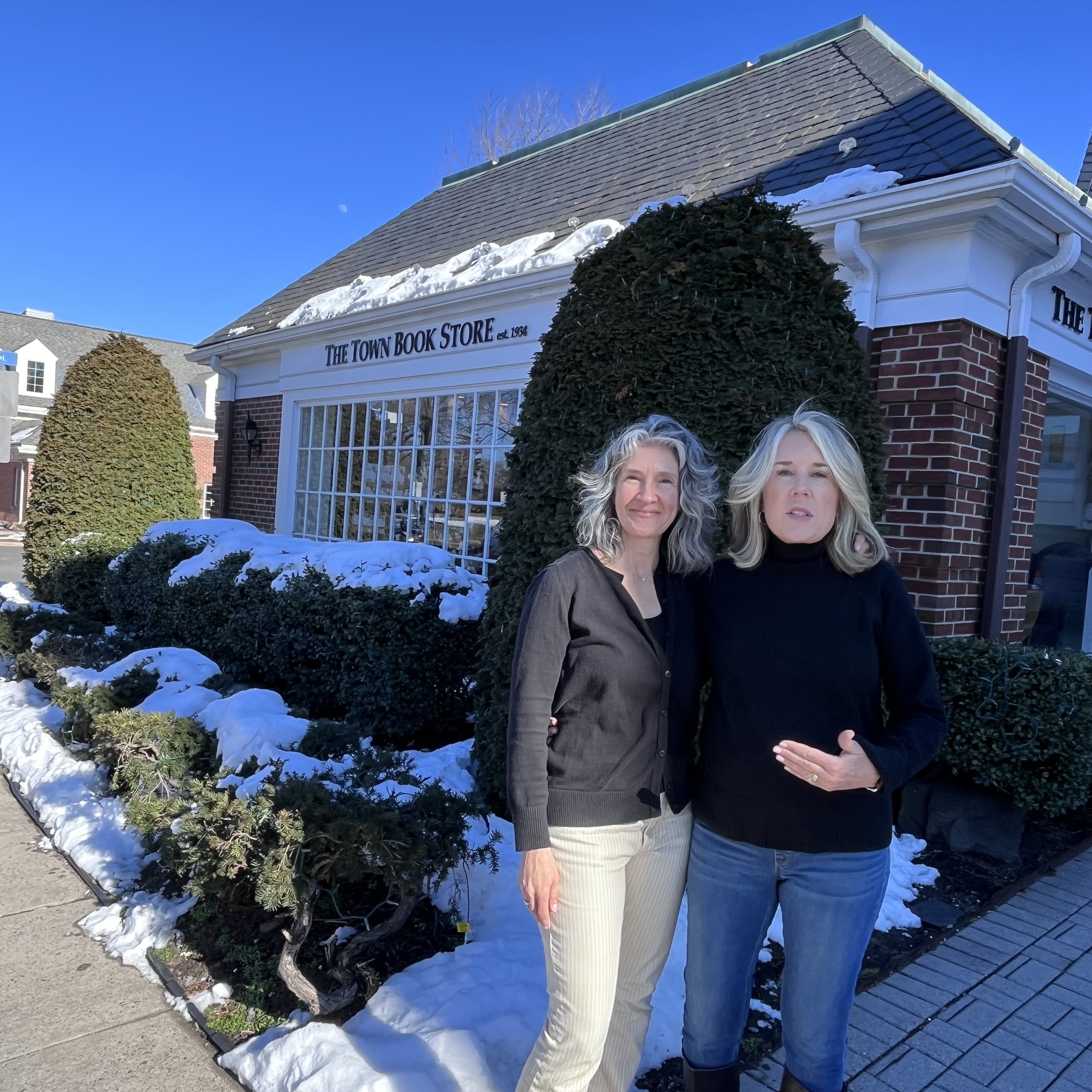


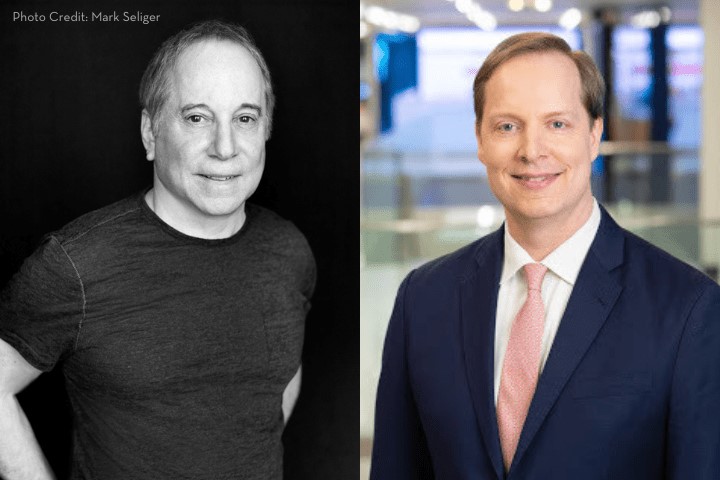
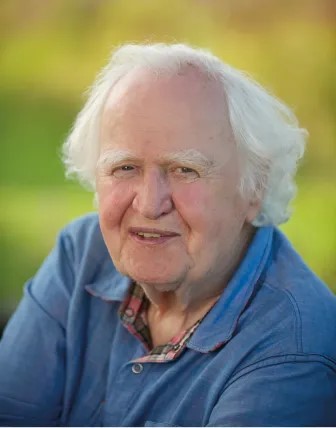
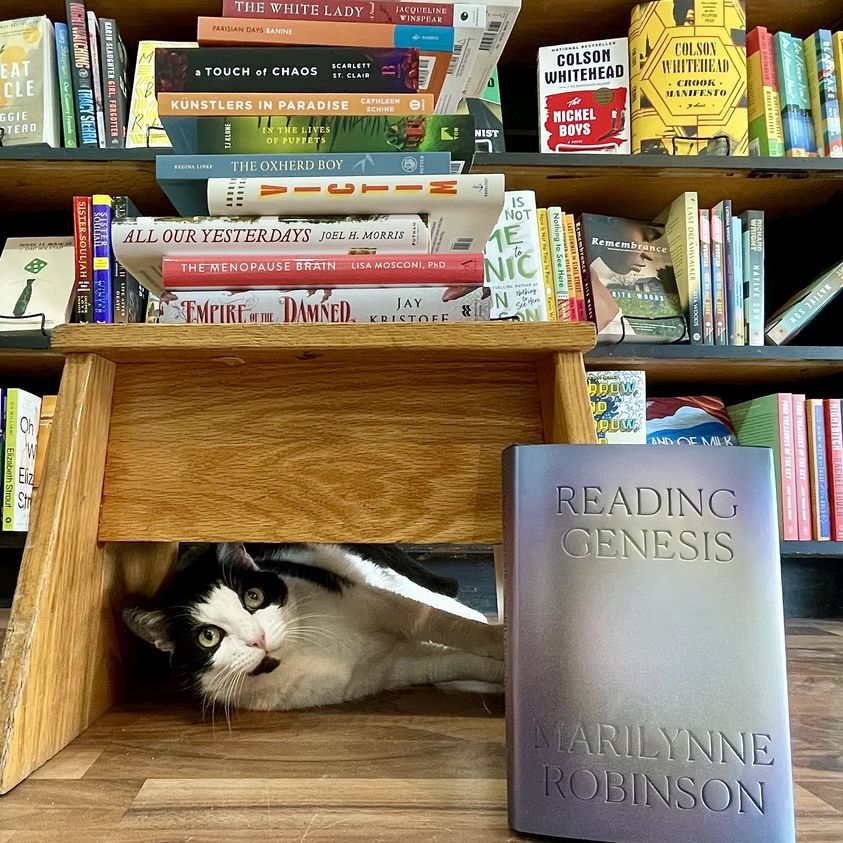 Posted on Facebook by
Posted on Facebook by 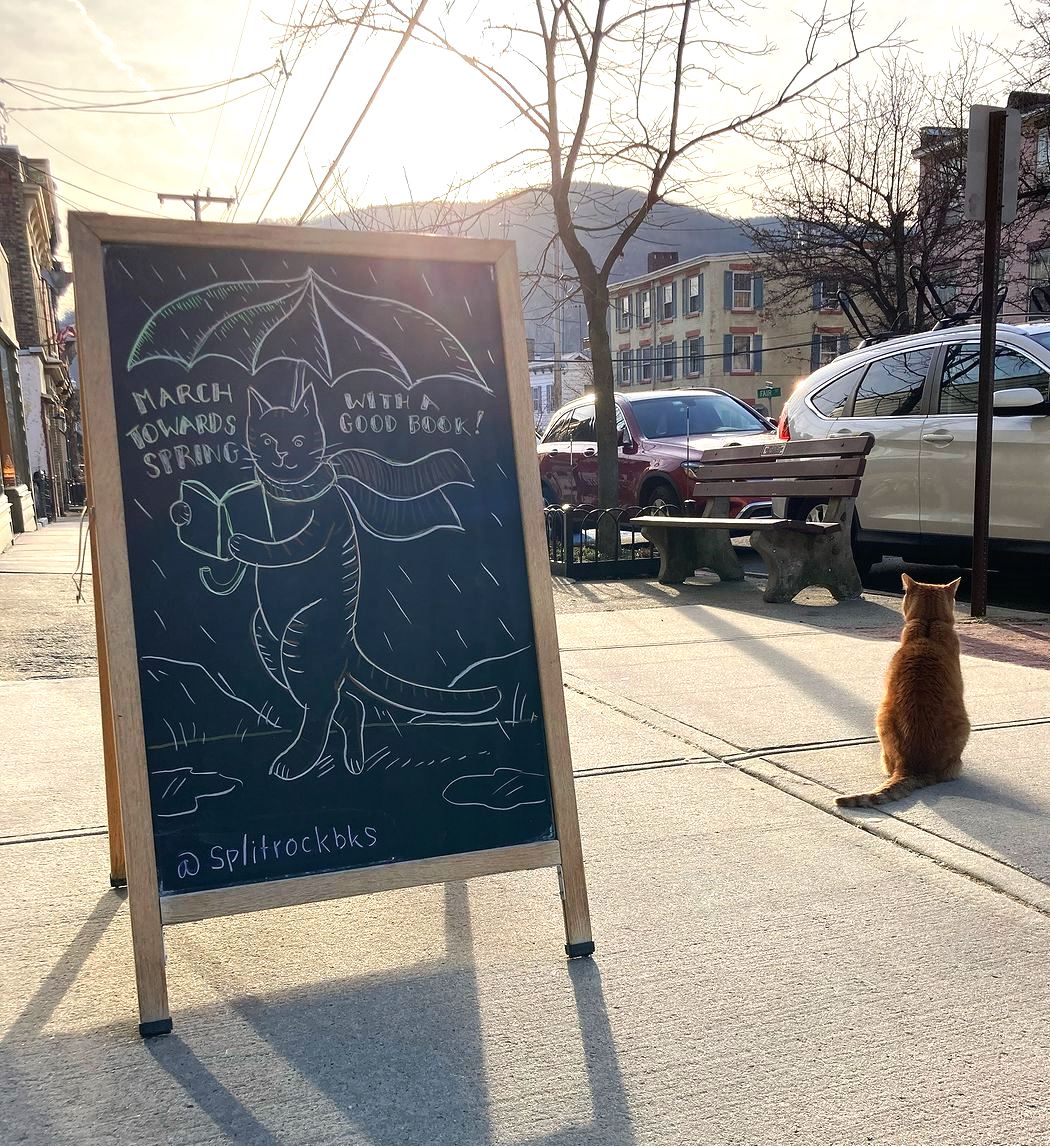 "
" "Books, tulips, and blue skies!
"Books, tulips, and blue skies! Summoned by the Earth: Becoming a Holy Vessel for Healing Our World
Summoned by the Earth: Becoming a Holy Vessel for Healing Our World
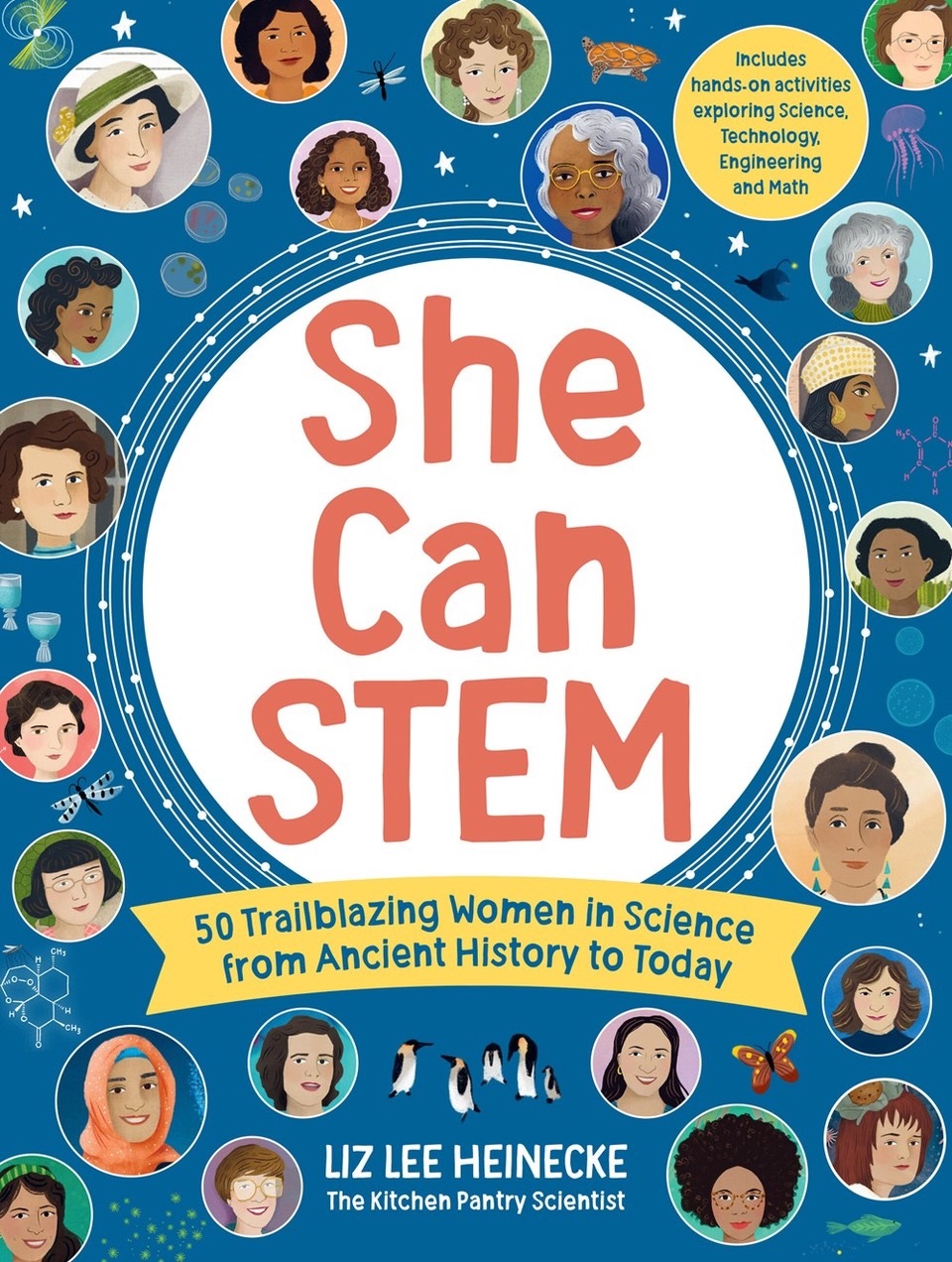
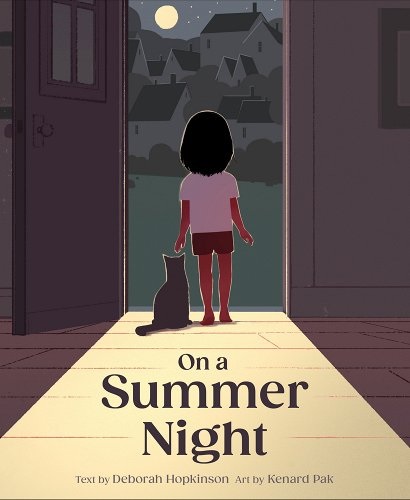 In the beguiling On a Summer Night, Deborah Hopkinson (
In the beguiling On a Summer Night, Deborah Hopkinson (